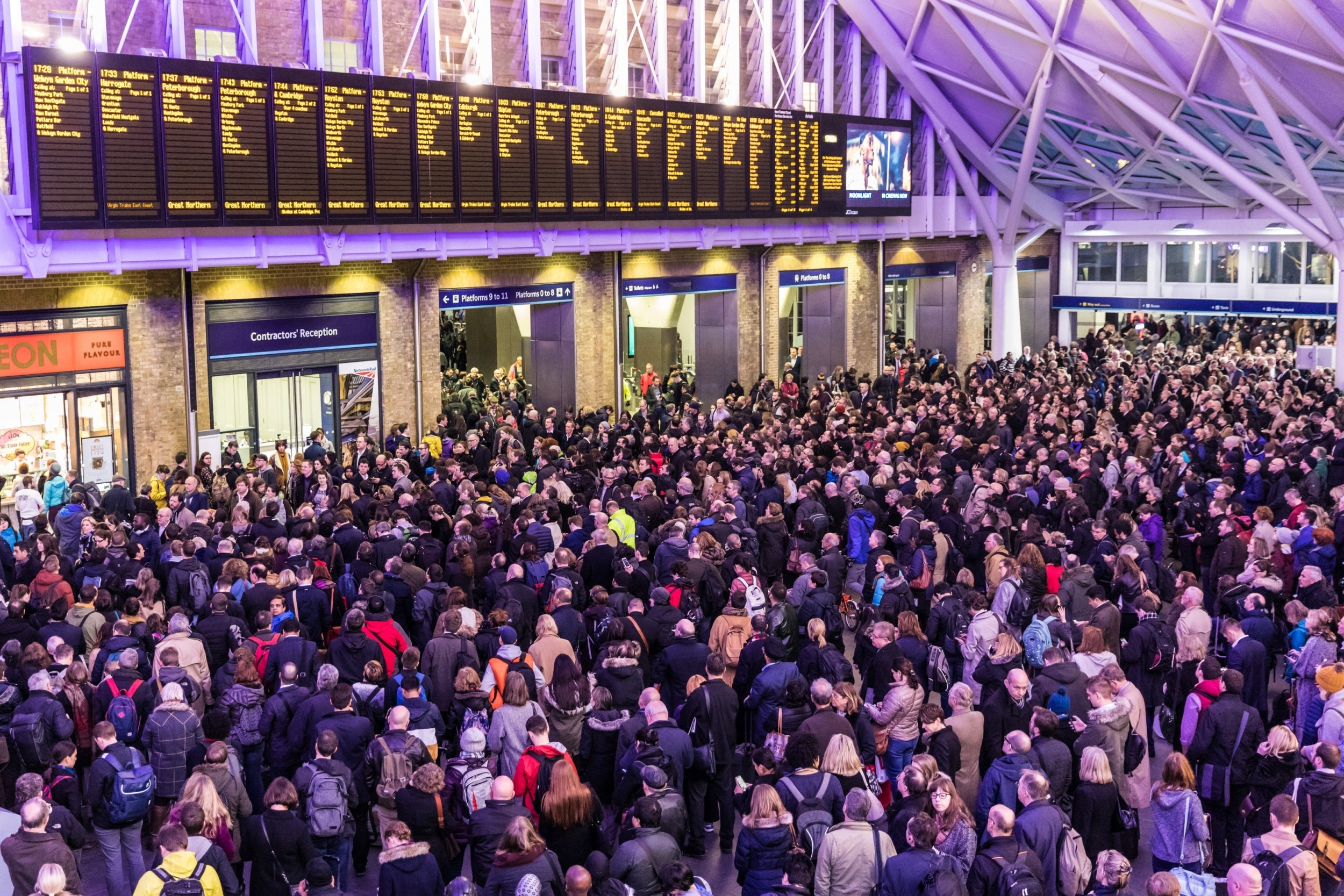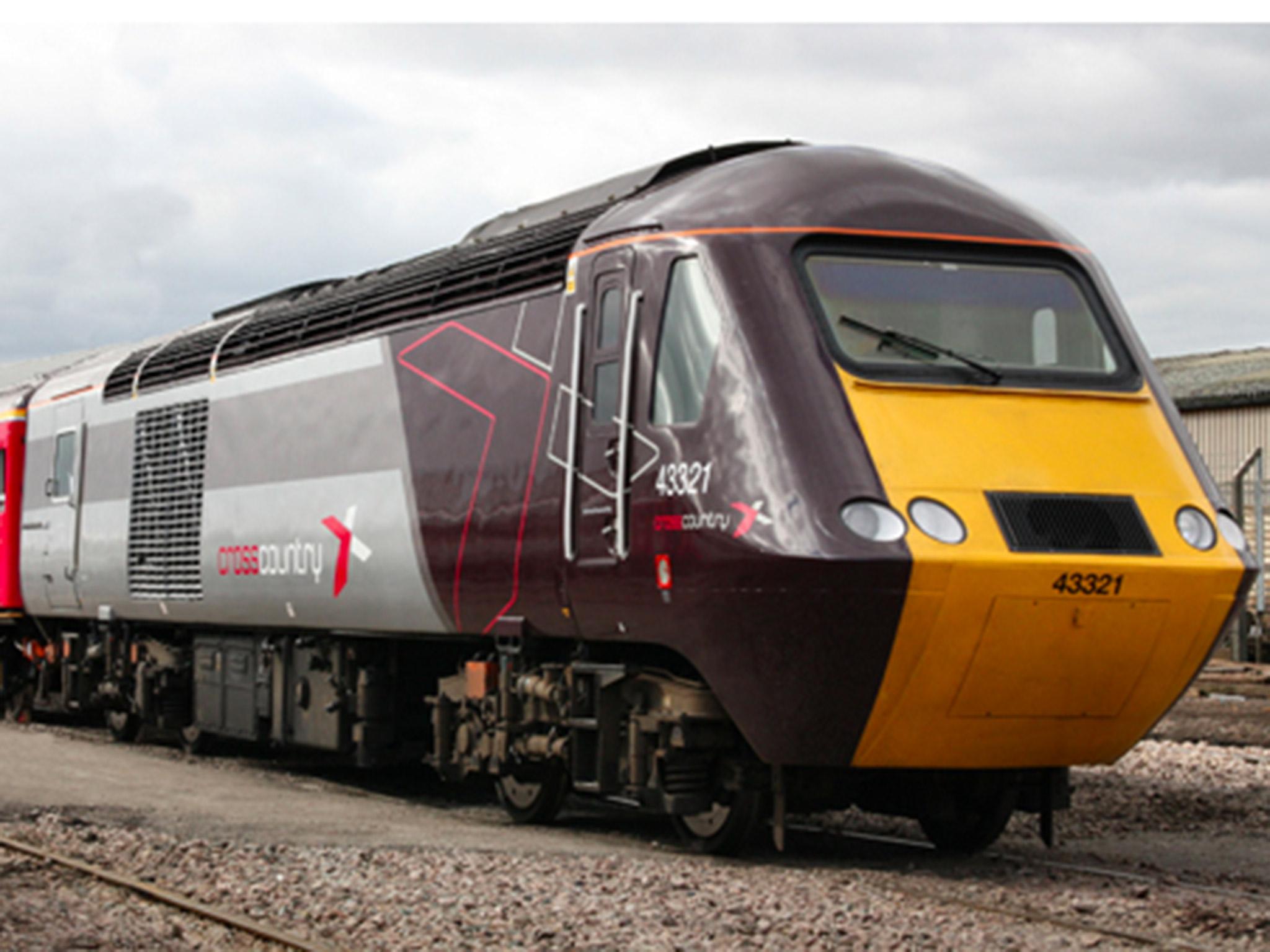I’m flying to Canada but is the cheapest flight the dodgiest?
Simon Calder answers your questions on overbooking, renting in Spain and why rail fares are so expensive


Q My family and I (two grandparents, parents and two children aged 5 and 7) are travelling to Canada in summer 2020. The cheapest option we have found is nonstop from Manchester with Air Transat. This company does not seem to have a good reputation and wondered if you had any opinions of them?
Heather F
A How splendid to be going to Canada next summer, and it is wise to be looking for tickets now; they are likely only to go up in price.
I have been flying with Air Transat for the past 30 years and unreservedly recommend the Montreal-based carrier. During those three decades, this excellent airline has often been the only cut-price option to the “flag carriers”, British Airways and Air Canada.
Some of the aircraft are a bit long-in-the-tooth: Air Transat still flies Airbus A310s, which are around 30 years old, but I have no concerns about the safety record. The inflight service is excellent, and family friendly.
In recent years, though, the traditional budget market for Air Transat has been tricky, as its Canadian rival WestJet has expanded internationally. So Air Transat’s owners have sold out to Air Canada. The deal is likely to be concluded by next summer, but I would have no worries about changes to the flights you book.
In a few years, Air Transat may have disappeared, swallowed up by Air Canada’s budget brand, Rouge. But for now, make the most of Air Transat.
The only other option you may wish to consider, depending on how far north you live, is WestJet’s excellent link from Glasgow to Halifax, Nova Scotia, with onward connections at good fares to cities across Canada. The link is an easy, short hop between two uncrowded airports, and gives the chance to stop over in a fascinating city.

Q Do train companies overbook like airlines do? I was at King’s Cross station in London on Sunday morning, when there was a combination of big crowds and engineering works, and boarding trains was difficult. I wondered if they’d sold too many tickets?
Poppy C
A No. Airlines routinely sell more tickets than there are seats available, and hope they get away with it because of no-shows. In contrast, train operators in the UK never sell more advance tickets than there are seats. I don’t believe it happens anywhere else, at least not deliberately.
In the UK, long-distance rail travellers know that advance tickets have two advantages: they are cheaper than the alternatives, and they come with a seat reservation (on most train operators). Not only do you get a good deal, you are also guaranteed some comfort. But anyone is entitled to buy a walk-up ticket for any train, and can expect to travel even if all the seats are sold.
These travellers might have to stand all the way from London to Edinburgh, but they know they will be able to get there. The only time this guarantee may not apply is if it is physically impossible to squeeze more people on, or the crowding is regarded as dangerous.
This was an issue on Saturday at King’s Cross, as it happens: early trains to Yorkshire and Scotland were cancelled, so several thousand passengers marched across to adjacent St Pancras and tried to squeeze on trains to Sheffield in a bid to get north.
On Sunday the problem was Network Rail work outside King’s Cross, which meant no trains could run until 11am. Predictably, a morning’s worth of travellers all wanted to catch the first trains north to Leeds and Edinburgh.
Because LNER, the main operator on the East Coast main line, knows how passengers behave, it seeks to manage demand by offering relatively few standard-class advance tickets on trains that will be overcrowded. The train firm incentivises time-flexible travellers to use less busy services by offering advance tickets at good fares.
The Williams Review is looking at the whole issue of ticketing, and it may be that the UK will adopt a “once they’re gone, they’re gone” approach for long-distance travel. In some countries, notably France and the US, it is imperative to book ahead at busy times. If you turn up at the station in Nantes on the Friday of a holiday weekend, for example, you may see a sign saying there are no seats to Paris until Sunday.
But many people, including me, believe that the opportunity to travel is more valuable that the right to a seat.

Q Can you offer some advice about the length of stay in Spain that we will be allowed in 2020? This year we rented an apartment for just over four months, 128 days to be precise. Would we be able to do this next summer?
Sue
A Had you asked the same question about the legal position in the following summer at any time over the past three years, I would have given the same answer: I don’t know. The answer is down to whatever the politicians decide about Brexit. The UK’s decision to leave the European Union in 2016 was a vote, among other things, to make travel to the remaining 27 member states much trickier – especially for people who like to spend a large part of the year abroad. But right now we just don’t know exactly how different things will be.
At present, British citizens can travel anywhere in the European Union, and stay as long as they like, without any red tape. It is likely that if the UK leaves with an “implementation period” then everyone will pretend that nothing has changed until that period expires. But after that, citizens will be subject to the same rules as nationals of other third countries. The basic rule limits a stay in an EU country to 90 days in any 180 without securing additional permission.
One implication is that once you have stayed somewhere in the European Union for three months continuously, you must leave the EU for a further three months before you can go back. But Spain benefits economically from a large number of long-stay Brits, and the government in Madrid may seek to adopt a more lenient approach. Everything depends on the political outcome over the next three months. So I would not put down a deposit right now – just wait to gauge the exact extent of the new red tape for travel to and from the EU after Brexit, then by all means ask again.

Q A single train ticket from Edinburgh to Bristol on CrossCountry in seven weeks’ time is £183. The plane is £36. I can never work out whether the infrastructure and costs for rail are six times more expensive than for flights, or if there’s some hidden subsidy on flying? Or is lack of competition on rail the reason for the disparity in advertised fares?
Luke B
A Let’s start with the plane fare. That £36 fare does not, as far as I can see, benefit from any subsidy. Although aviation fuel is tax-free, the ticket price includes £13 in air passenger duty.
Budget airlines such as easyJet make an art of filling almost every seat on each plane. They do this by offering a range of very low fares early on and higher prices close to departure. Looking two days ahead, the lowest fare on easyJet from Edinburgh to Bristol is £88, the most expensive £203 – yes, for a 75-minute flight. And, of course, a traveller wanting to get from one city centre to another must add the express bus fares at either end, totalling £13.
Now for the train fare. The £183 figure you are quoting is for an off-peak ticket. Unlike that £36 plane fare, you can buy it two minutes before departure and use it on a wide range of trains and different routes – using the East Coast or West Coast Main Line.
You can trivially save £40 or so by splitting tickets. For example, you could buy a ticket from Edinburgh to Preston and another one onwards to Birmingham on Virgin Trains (staying on the train all the way through), before changing to CrossCountry for the final leg to Bristol. And if your age or travelling companion(s) entitle you to a railcard, then you can save another third.

For environmental reasons it would be terrific if there were really competitive Edinburgh-Bristol tickets for people who are prepared to commit ahead. But CrossCountry trains have limited capacity. Filling a train with passengers travelling all the way between the Scottish capital and the west of England would also mean removing available seats from travellers who want to go simply from Berwick to Durham, York to Derby or Birmingham to Cheltenham.
So, in principle a plane will almost certainly cost less if you can commit months in advance; if you don’t want to take luggage (CrossCountry allows a massive case for free); and if you don’t mind being frisked before departure. Closer to the travel date, the train will probably be cheaper – but also much slower.
Incidentally, the most recent Department for Transport figures I can find indicates CrossCountry getting an annual subsidy of £153m. That works out as a subsidy of around £4 per journey.
Email your question to s@hols.tv or tweet @simoncalder
Join our commenting forum
Join thought-provoking conversations, follow other Independent readers and see their replies
Comments
Bookmark popover
Removed from bookmarks